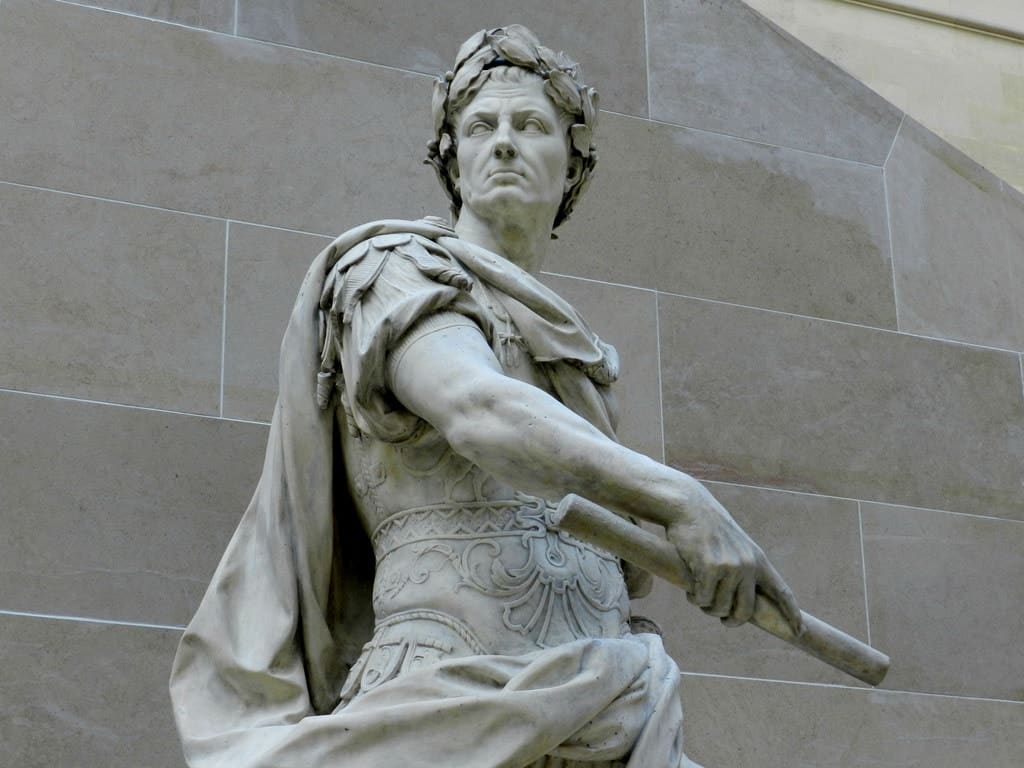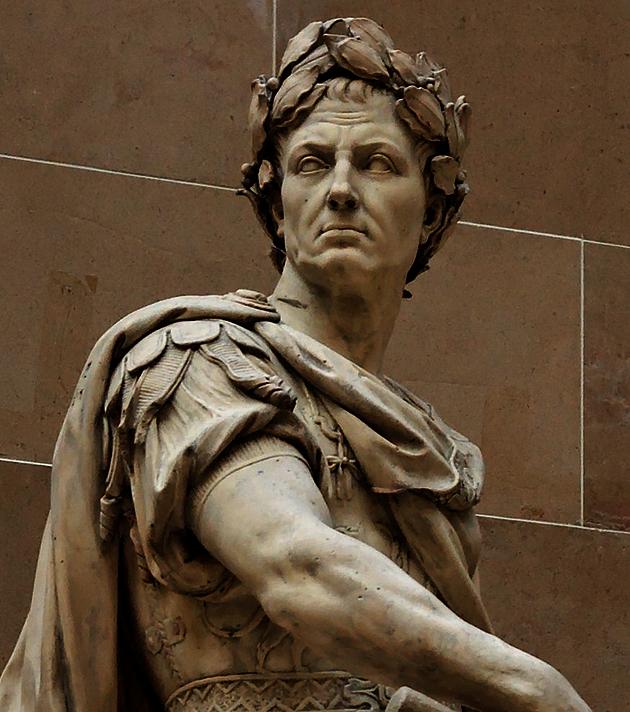
He is mainly known by the anglicization "Octavian" ( / ɒ k ˈ t eɪ v i ə n/ ok- TAY-vee-ən) for the period between 44 and 27 BC. After his adoption by Julius Caesar on the latter's death in 44 BC, Octavian took Caesar's name, but was often distinguished from him as "Octavianus" ( Latin: ), denoting that he was a former member of the gens Octavia. In response, he merely said he was surprised that "using his old name was thought to be an insult". Later, after he had taken the name of Caesar, his rival Mark Antony referred to him as "Thurinus" in order to belittle him. According to Suetonius, the cognomen Thurinus ( Latin: ) was added to his birth name as a toddler in 60 BC.
Facts on julius cesar free#
Antony and his wife Cleopatra, the Ptolemaic queen of Egypt, killed themselves during Octavian's invasion of Egypt, which then became a Roman province.Īfter the demise of the Second Triumvirate, Augustus restored the outward facade of the free republic, with governmental power vested in the Roman Senate, the executive magistrates and the legislative assemblies, yet he maintained autocratic authority by having the Senate grant him lifetime tenure as commander-in-chief, tribune and censor. The Triumvirate was eventually torn apart by the competing ambitions of its members Lepidus was exiled in 36 BC, and Antony was defeated by Octavian at the Battle of Actium in 31 BC.

Following their victory at the Battle of Philippi (42 BC), the Triumvirate divided the Roman Republic among themselves and ruled as de facto dictators. He, Mark Antony, and Marcus Lepidus formed the Second Triumvirate to defeat the assassins of Caesar. His maternal great-uncle Julius Caesar was assassinated in 44 BC, and Octavius was named in Caesar's will as his adopted son and heir as a result, he inherited Caesar's name, estate, and the loyalty of his legions.

Gaius Octavius was born into an old and wealthy equestrian branch of the plebeian gens Octavia. The Principate system of imperial rule established by Augustus lasted until the Crisis of the Third Century.

The reign of Augustus initiated an imperial cult as well as an era associated with imperial peace, the Pax Romana or Pax Augusta, in which the Roman world was largely free of armed conflict aside from expansionary wars and the Year of the Four Emperors.

Caesar Augustus (born Gaius Octavius 23 September 63 BC – 19 August AD 14), also known as Octavian, was the founder of the Roman Empire he reigned as the first Roman emperor from 27 BC until his death in AD 14.


 0 kommentar(er)
0 kommentar(er)
